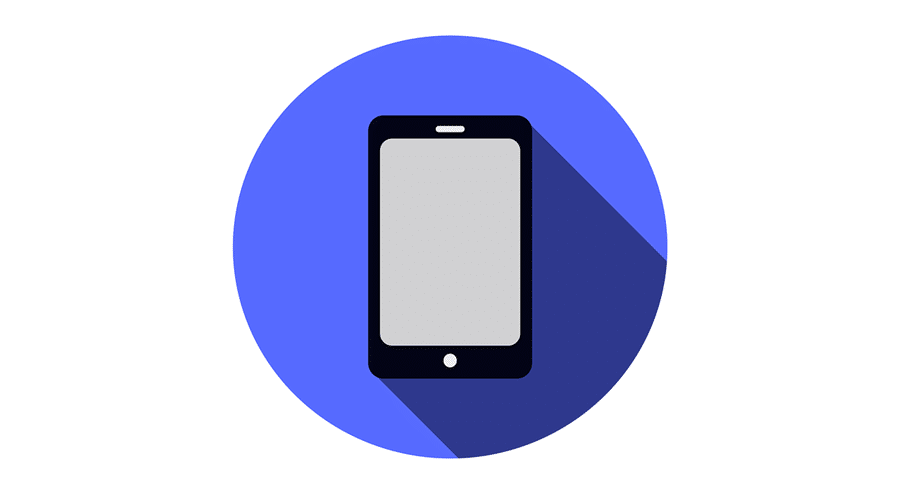iOS and Android are the two leading mobile platforms, dominating the market for a while now. Businesses and developers often opt to build apps for both platforms to reach the maximum number of users and increase potential profits. Although Apple’s iOS holds a strong second position, Android, developed by tech giant Google, boasts a larger market share. This dominant popularity has persuaded many developers to prioritize Android app development over iOS. This article will explore the key differences between iOS and Android app development, compare their popularity, and discuss the challenges and benefits of each.
Market Share: The Reigning Champion
Recent data confirms Android’s supremacy in global market share. Its open-source nature and wide range of devices contribute to its control of over 70% of the global mobile operating system market. This dominance is particularly evident in developing markets, where affordability significantly influences consumer decisions.
Conversely, iOS enjoys greater popularity in regions like North America, Western Europe, and Australia. Apple’s emphasis on a premium user experience, seamless hardware-software integration, and regular updates have secured its place among a particular demographic.
Developer’s Dilemma: Ease vs. Profit
When choosing between iOS and Android, developers often weigh potential profitability against development ease.
- Monetization: iOS users are known to spend more on app purchases and in-app transactions. Developers looking for quicker returns may, therefore, favor the Apple App Store.
- Development Environment: Android’s open-source nature offers greater flexibility but presents challenges due to device fragmentation. iOS, with its limited device range, provides a more standardized development environment.
- App Store Approval: Apple’s stringent app approval process, while ensuring quality, can be a lengthy process for developers. Android’s Play Store has a more relaxed approach, allowing for faster market entry.
IOs vs Android Mobile App Development
Here are the top 5 reasons why Android surpasses iOS in mobile development popularity.
Preferred Choice for Smartphone Manufacturers
Android’s open-source code has made it a popular choice among smartphone across all segments. This provides consumers with a wide array of device choices to match their preferences and budget. In contrast, iOS, with its closed-source code, is exclusive to Apple devices, which typically come with a higher price tag than their Android counterparts.
IOs x Android Development: Cost-Effectiveness
Android devices cater to a wide range of customers with varying budgets. The sheer number of choices available to Android users contributes to its widespread appeal. On the other hand, Apple products’ higher pricing targets a specific demographic, potentially limiting the customer base. Explore the key differences between iOS and Android mobile app development, their popularity, and the challenges and benefits of each platform.
Device Compatibility: IOs And Android Mobile App Development
Android boasts a broad ecosystem of compatible peripherals and wearable devices, ensuring seamless data transfer and synchronization. Conversely, iOS devices have limited compatibility with third-party devices, restricting the flexibility of pairing with non-Apple products.
IOs x Android Development: User Customization
While iOS offers limited app customization options, Android empowers users to personalize their app experience to their liking. This reinforces the belief among businesses and app developers that Android mobile app development is the optimal approach to reach the widest range of mobile phone users.
Multi-window Functionality
Android 7 Nougat and Android 8 Oreo introduced a built-in multi-window mode, enhancing user convenience and multitasking capabilities. While iOS offers a split-screen view, it functions only with tabs and is not available on iPhones.
Security: A Top Priority
iOS has earned a reputation for its robust security measures. Its closed ecosystem, coupled with Apple’s stringent app review process, creates a strong defense against potential threats, posing a challenge to iOS and Android development.
Android, due to its open nature, is inherently more vulnerable to malware and security breaches. However, Google has made significant strides in enhancing Android’s security through features like Play Protect.
Costly Parts and Repairs: IOs And Android Mobile App Development
Mirroring the price of iOS products, their repair costs are also significantly higher. Components like chargers and earphones are also expensive, potentially deterring budget-conscious consumers. In contrast, Android devices benefit from lower service costs, attracting users seeking affordable mobile devices like phones and tablets.
Android devices offer additional advantages over iOS, including widgets, launchers, free apps, and games, solidifying Android app development as a leading choice for developers. The platform enables developers to incorporate more features and proves particularly lucrative in emerging markets like Asia and Africa. Ultimately, the target audience, timeline, expectations, and budget of a project influence platform choice, and Android often outperforms iOS in these areas.
The Final Verdict
Which platform reigns supreme? The answer hinges on your priorities. In sheer numbers, Android takes the lead. However, iOS often prevails in profitability, user loyalty, and security.
Both platforms have unique strengths. Businesses and developers should base their decision on target audience, regional preferences, and long-term objectives.
